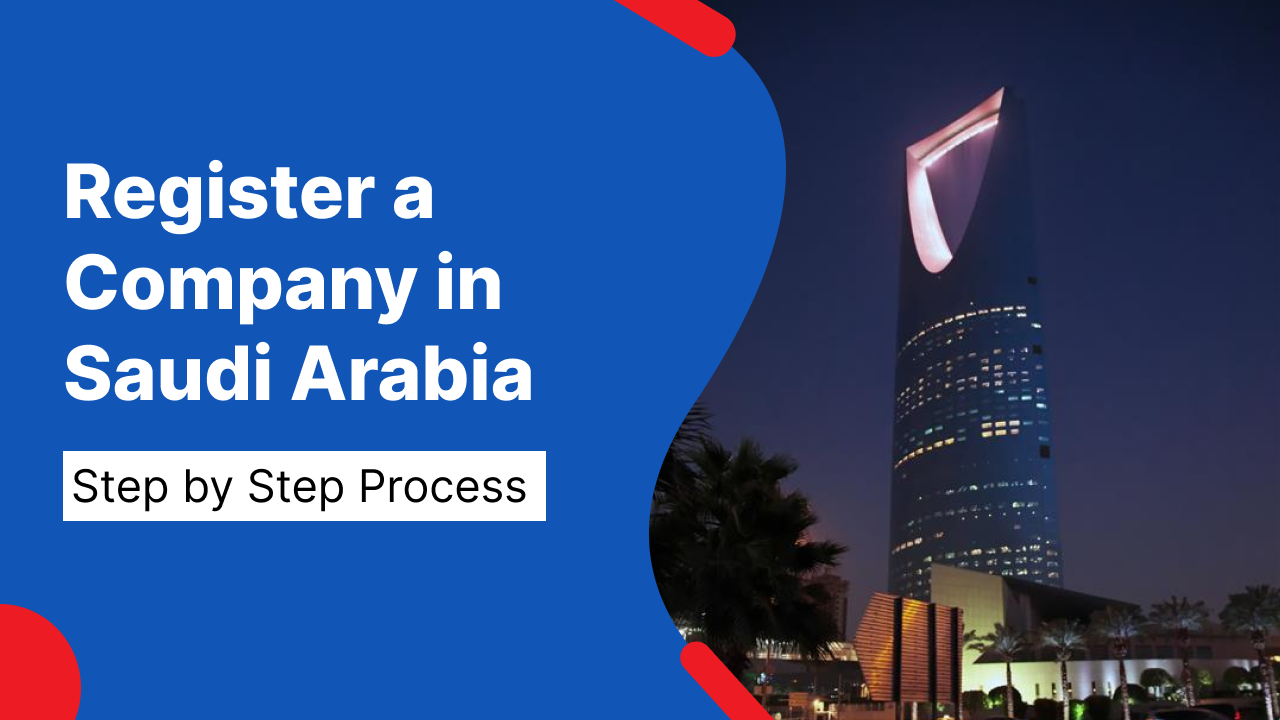
Starting a business in Dubai can be exciting and profitable. But it only works if you plan well. A good plan helps your business grow, attracts investors, and navigates you through red tape. This guide shows all the elements to include in your Dubai business plan.
Key Components of a Dubai Business Plan
1. Understanding Dubai's Business Landscape and Market Potential
Dubai is a hub for global business, offering opportunities in various industries, including real estate, tourism, technology, and finance. But to succeed here, you need to understand the local market, consumer behaviour, and the competitive environment.
- Dubai's Economic Landscape: Dubai's economy is one of the most diverse in the region, with strong sectors like real estate, finance, tourism, healthcare, and technology.
- Growth Sectors: Sectors such as hospitality, e-commerce, and tech startups are experiencing significant growth. Take time to identify the most relevant sectors for your venture.
- Local Culture: Dubai is a melting pot of cultures with over 200 nationalities, and businesses often need to tailor their products and services to meet different cultural preferences and address language barriers.
2. Why a Strong Business Plan is Essential for Success in Dubai
In Dubai's fast-moving market, a business plan isn't a formality; it's your survival kit. Everyone here has big ideas; a solid plan shows you know how to execute yours.
- Investor Expectations: Investors here see polished pitches on a daily basis. What gets their attention isn't vision alone; it's realistic financial projections, clear timelines, and a solid understanding of the market. They want to see that you've done your homework.
- Attracting Partners and Clients: A well-crafted Dubai business plan lends credibility and facilitates the attraction of business partners, clients, and employees.
- Navigating Regulations: Dubai has strict laws for business operations, and your plan should include how you'll meet these regulations, from business registration to tax compliance.
3. Key Elements of a Business Plan for Dubai Ventures
Keep it clear and relevant. Here's what to cover:
- Executive Summary: What's your idea? Who are your customers? How will you make money?
- Business Overview: What do you do? What's your mission and edge?
- Market Research: Who buys what you offer? How big is that group? Who else sells to them?
- Marketing Strategy: How will you reach customers? Use online tools, social media, and local channels.
- Financial Plan: List what you need to spend, where your income comes from, and when you'll hit break-even.
- Legal Structure: Free Zone or Mainland? This choice affects ownership, taxes, and licensing.
- Risk Analysis: What could go wrong- such as new rules or market shifts? How will you respond?
4. Legal and Regulatory Requirements for Businesses in Dubai
Choosing the right structure matters. Mistakes here will cost time and money.
Free Zone vs Mainland
Free Zones often allow you to own 100% and offer tax benefits, but they limit you from selling directly in the UAE. Mainland setups will enable you to serve the entire UAE, but sometimes require a local service agent and additional paperwork. Check out more about the UAE Freezone vs Mainland here.
Licensing types
- Commercial - for trading goods
- Professional - for services
- Industrial - for production
- Picking the wrong one now means more hassle later.
Sponsorship, Tax, Visa
- The Mainland may require a Local Service Agent (LSA). Free Zones don't.
- Corporate tax applies if profits go over AED 375,000. VAT kicks in at that revenue level. Get these numbers in your plan.
5. Financial Planning and Cost Management for Dubai Startups
Dubai lets you dream big, but the numbers have to be solid.
Startup Costs: Consider licensing, workspace (including a shared desk), and insurance. Expect to invest at least AED 15,000-20,000 to get started. Licensing: AED 10k-30k+ (varies by activity and zone) Visa costs: AED 3k-5k per employee Office space: AED 15k-50k/year for a flexi-desk vs. AED 100k+ for retail.
Running Costs: Rent will be one of your biggest monthly bills. Then staff, marketing, and utilities. Add 20% for surprises.
Revenue Forecast: Be realistic. How many sales do you need each day to cover expenses? Price smart. Don't guess.
Manage your cash, not just your idea. Profitability > Presence.
6. Securing Funding for Your Dubai Venture
Raising capital in Dubai isn't about flash or buzzwords; it's about substance. Show you've figured out the real numbers.
What to know:
- Venture capitalists and angel investors expect proof- customer interest, a business model that works, and a plan for how you'll grow.
- Local banks are an option, but they often require collateral or a prior business history. If you're new, it may take longer to get approvals.
- Some free zones and government-supported incubators offer funding, mentorship, or low-cost office space, particularly for tech or innovation projects.
Think of funding as forming a partnership, not hitting a jackpot.
7. Marketing Strategies for Dubai Businesses: Reach Your Audience
Dubai is loud. To be heard, you need clarity, cultural fit, and clever positioning.
What works:
- Digital channels matter. Use SEO, social media, and targeted ads in Arabic and English. People move fast here- show them what matters clearly.
- Events still count. You'll meet the right people in person- at industry expos, networking events, or informal business gatherings.
- Find trusted local partners- whether influencers, co-brands, or niche businesses. That shortcut can help your brand gain visibility faster.
You don't have to reach everyone. Just reach the right people. Learn more.
8. Hiring and Building a Team in Dubai
Hiring here isn't difficult, but it comes with specific rules. Here's the reality:
What to keep in mind:
- Every foreign hire needs a visa. You'll sponsor it- plan for processing time, medical checks, and government fees.
- You're working with multicultural teams. Ensure clear communication, simple policies, and a respectful work environment.
- Some sectors require or reward partnering with Emirati talent. Instead of ticking a box, use this as an opportunity to build trust and local insight.
Build thoughtfully- plan for people with the same detail you give to your finances.
9. Navigating Dubai's Real Estate Market for Your Business
Your business location is a strategic decision, not just an address. Rent is likely your most significant monthly expense, so choose wisely.
What matters:
- Commercial space can come with hidden fees- service charges, cooling, parking, and deposits. Request full cost details before signing a lease.
- Free zones often allow you to start with a shared office or a flexi-desk. It's cheaper and faster- great for testing your setup.
- Don't lock into a long lease too soon. It's better to shift later than pay for space you no longer need.
Stay flexible until you're ready to make a commitment.
10. Creating a Scalable Business Model for Long-Term Growth in Dubai
You might start small, but think bigger. Scaling early helps avoid growing pains. How to build for growth:
- Keep expansion in mind. If you can work in Abu Dhabi or the broader GCC, design your systems now to support it later.
- Dubai changes fast. Rules, technology, trends- things shift. Build in flexibility so you can tweak paths without stalling.
- Invest in systems that grow with you. Use tools for finance, sales, and customer management that support rather than hinder scaling.
Scaling is not about getting bigger- it's about staying smart as you grow.
Ready to Launch Your Dubai Venture?
Your business plan is your blueprint. It's what turns a good idea into a viable operation. By understanding Dubai's business landscape, meeting regulatory requirements, and preparing for the challenges ahead, you can ensure that your business thrives in this dynamic market. Check out this blog on starting a business in Dubai for a step-by-step understanding.
At MSZ, our seasoned experts understand the nuances of business setup in the UAE and will help translate your vision into a clear, actionable, and winning strategy.
Ready to build a plan that actually works? Let's get started with our experts. Call us at +971 52 544 1248.

Mohammed Sultan Zubair
CEO - MSZ Corporate Services
Mohammed Sultan Zubair is a seasoned business consultant specializing in company formation and regulatory compliance in the UAE and Saudi Arabia. With over 15 years of experience, he has guided entrepreneurs, SMEs, and multinational firms through the complexities of regional business laws and market entry strategies. His deep understanding of local licensing, taxation, and free zone structures ensures clients make informed, strategic decisions. Mohammed Sultan Zubair regularly contributes insights on corporate setup, investment trends, and regional economic developments.





